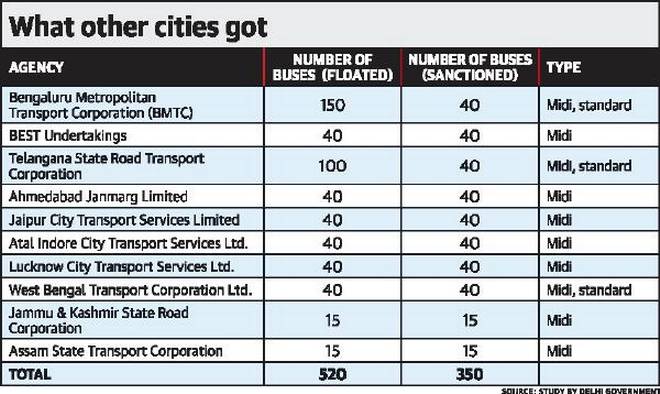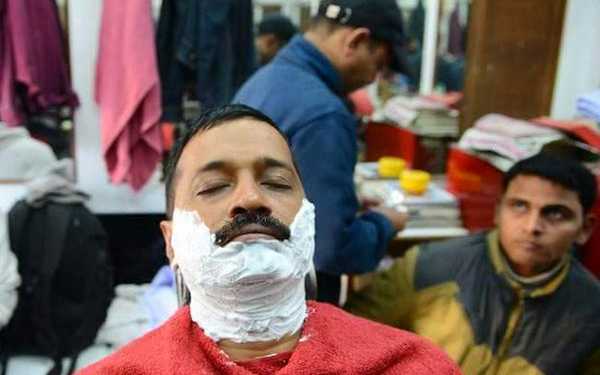Arvind Kejriwal and AAP have begun to look like a well made 2-minute movie trailer. One buys the ticket after watching the trailer that blows your mind, but when it translates into a two-hour feature film it simply falls flat. Once touted to be the change maker in Indian politics, AAP has recently been rechristened by social media enthusiasts as AAPology. Not only has Kejriwal’s journey been embarrassing for his erstwhile supporters, there’s been a lot of inaction and shoddy execution.
Even though all parties make tall promises in their election manifesto, AAP had set a record of sorts when Kejriwal announced that his party will prepare 70 different manifestoes for each of the 70 assembly seats in Delhi in consultation with residents.
Having made Jantar Mantar his favorite haunt when Kejriwal took on the then chief minister Sheila Dikshit and promised to expose and take her corruption to task, it wasn’t a difficult choice for the people of Delhi to pick up their next CM. Four years later, talks on Sheila Dikshit’s corruption haven’t resurfaced.
Pro-people policies such as water supply, electricity bills, Wi-fi etc. were needs that people identified with. However, Arvind Kejriwal has long stopped talking about this. For a very large period of time, his one point agenda was accusing Prime Minister Narendra Modi and calling him names, psychopath being one of the more famous ones. Recently, however, the Delhi CM is busier with sending out letters of apology to all and sundry.
Kejriwal’s brand of alternative and maverick politics saw the odd-even scheme that was both lauded and criticized in its time. The Delhi CM was also in news post-Diwali last year when he comfortably took to micro-blogging site Twitter and did what he is good in- shifting the blame of pollution to his counterparts in Punjab and Haryana.
When it comes to real measures, however, Kejriwal’s policy is as vacuous as the charges he levels at other politicians (and issues apologies later).
A report in The Hindu lists the states and cities that have received the electric buses, which include Karnataka, West Bengal, Telangana, J&K, Assam and cities such as Lucknow, Jaipur, Ahmedabad, and Indore. The footnote of the image used by The Hindu in its report clearly says “Study by Delhi Government”, which makes it all the more amusing.

In November last year, the Delhi High Court questioned the Kejriwal government’s move to divert funds from the ECC, composed Rs. 700 crore collected as green cess for bringing cars of 2,000 cc or larger engine capacity to Delhi, to buy electric buses.
Kejriwal government’s ambitious plan to create a fleet of 1,000 electric buses would be the largest not only in the country but also one of the largest n the world. But that is far from, reality and may not materialize due to the financial roadblock.
“The Department has been directed to prepare a plan for the procurement of 1,000 such buses, each priced at around Rs 2.5 crore, but no information about the financial outlay for the project has been communicated to it,” says a quote in The Hindu.
Despite these developments, however, the plan, which was initially to roll out 100 such buses with gradual additions of 50 more in gradual phases based equally and simultaneously on their operational cost and popularity among commuters, the size of the proposed fleet was, subsequently, increased to 500 followed by a reduction to 200 and, now, has been kept at 1,000.
So while Kejriwal’s ambitious plan might not see the light of the day, other states have begun to make smaller targets and get electric buses for their respective cities.
While it is appealing to have characters like Kejriwal in two minute trailers, the man lacks will and finesse to lead a state. Tweeting away to glory or staging hunger strikes, levelling random charges at political opponents, are juvenile acts and not befitting to a head of a state.




























